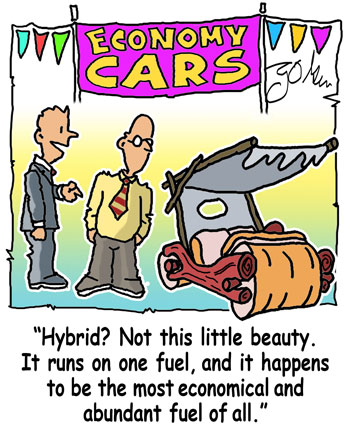(1) Build a passive income instead of thinking how to keep an active one
(2) You don't need Money if you have a solid finance plan
This article is about how to achieve both using property investment. But before we proceed, you must agree with a few pre-requisite concepts that were explained by this site before;
Income is a pre-requisite to Personal Finance but NOT a part of it, so amount of income is irrelevant to the strength of a personal finance plan.Passive Income is achieved when you use 1/100 effort for an income.Personal Finance is NOT the same as finance, Personal Finance is simple, straight forward and usually there is an obvious single best method.
Here are the 2 things to focus on; ( and these are strict requirements )
- Buy a property with Other People Money ( OPM )
- Rent the property out higher than repayment amount
By OPM this means using absolutely NO MONEY from your own pocket at all ! That's RIGHT ! You should get 100% or more loan in order to buy a property. If you can't get that, it only means 2 things; you don't have the right property OR you haven't used the right method yet. When you break this rule, you will also bear the consequences that this deal may NO longer be a personal finance tool.
If you borrow money, you have to pay it back. Your rental income must be more than your repayment amount. If you cannot ensure such a condition before the purchase, it is a NO DEAL ! When you break this rule, you will bear the consequences that this deal may NO longer be a passive income tool.
Remember this is all done at personal level, nothing fancy like real estate business world - which is earning much more but as an active income.

Impossible to get 100% loan and rent so high you say ? Then this is NOT your cup of tea. Period.
Both of these can be achieved by looking at only ONE factor - the actual buying price.
When you find a property, first identify its real worth. If it is a standard property then just refer to market price. Once you are convinced on the tenant-ability, then buy the property below its worth. For example,
A property worth $ 130,000 renting at $600 per month.A 5% interest on $130,000 for 30 years may result a monthly repayment of $700 - which fail rule #2. Every month you are paying out $100 from your own pocket for someone else to use your property.If you borrow less loan ie. $100,000 your monthly repayment is less than $550 which has positive monthly cash flow but this fails rule #1. In short, you have to fork out $30,000 now in order to get back $50 a month.
The rule of thumb is always buy a property 20-30% lower than its worth. So you buy above property at $ 91,000. Bank values the property at $130,000 and may finance you 80% or $100,000. After deducting all the fees, you may get $5,000 cash up front and then $50 every month. If the property price goes up in future, capital gain is to your advantage. If it goes the other way round, the risk is shared by the bank. A rock solid plan personal finance plan !
The lowest finance one should accept is 100% ( example above is 110% ) and the lowest net rental income is ZERO. It is ok if you have to pay some lawyer fee and stamp duty to buy a property. It is also ok to have your tenant pay your monthly repayment in full. Anything worse than that, is NOT a personal finance method.

But how often can you buy a rentable property 20-30% lower than its market price ? Not very often, not very often at all. There is only 1% chance of this will occur.
Can normal people like you and I get it ? Absolutely !
The funny thing is most property investors are Active Income chaser. They do NOT follow these rules strictly. Sometimes they don't care about 100% financing, other times they don't care about renting. Most of the time, they just have no patient. So they don't really bother this 1% of the pie. ( An example of property investment that is highly relying on capital gain alone )
Other non property investors simply DO NOT believe such things exist, hence they are not grabbing this pie neither.
In Kuala Lumpur I can be offered such opportunities 4-5 times a year.
Finding such opportunity should take more creativity than hard work. As of exactly how and all the methods of how to find them .... are whole new topics that are even more complicated than stock investment. Which is why not covered by malpf.

Stock investment is the highest level personal finance tool malpf promotes, Property investment is NOT within the 1Picture system. A good personal finance solution is straight forward, repeatable and practical. Property investment has too big a room to play about and most people get deviated and get into debt instead.
But if you follow this fundamental property investment method strictly, the most often said location factor is now secondary. Anyone anywhere can obtain unlimited passive income no matter how little money he has to start with.



















 "The recession is NOT over ... it has been Glossed over ..."
"The recession is NOT over ... it has been Glossed over ..." "
"





